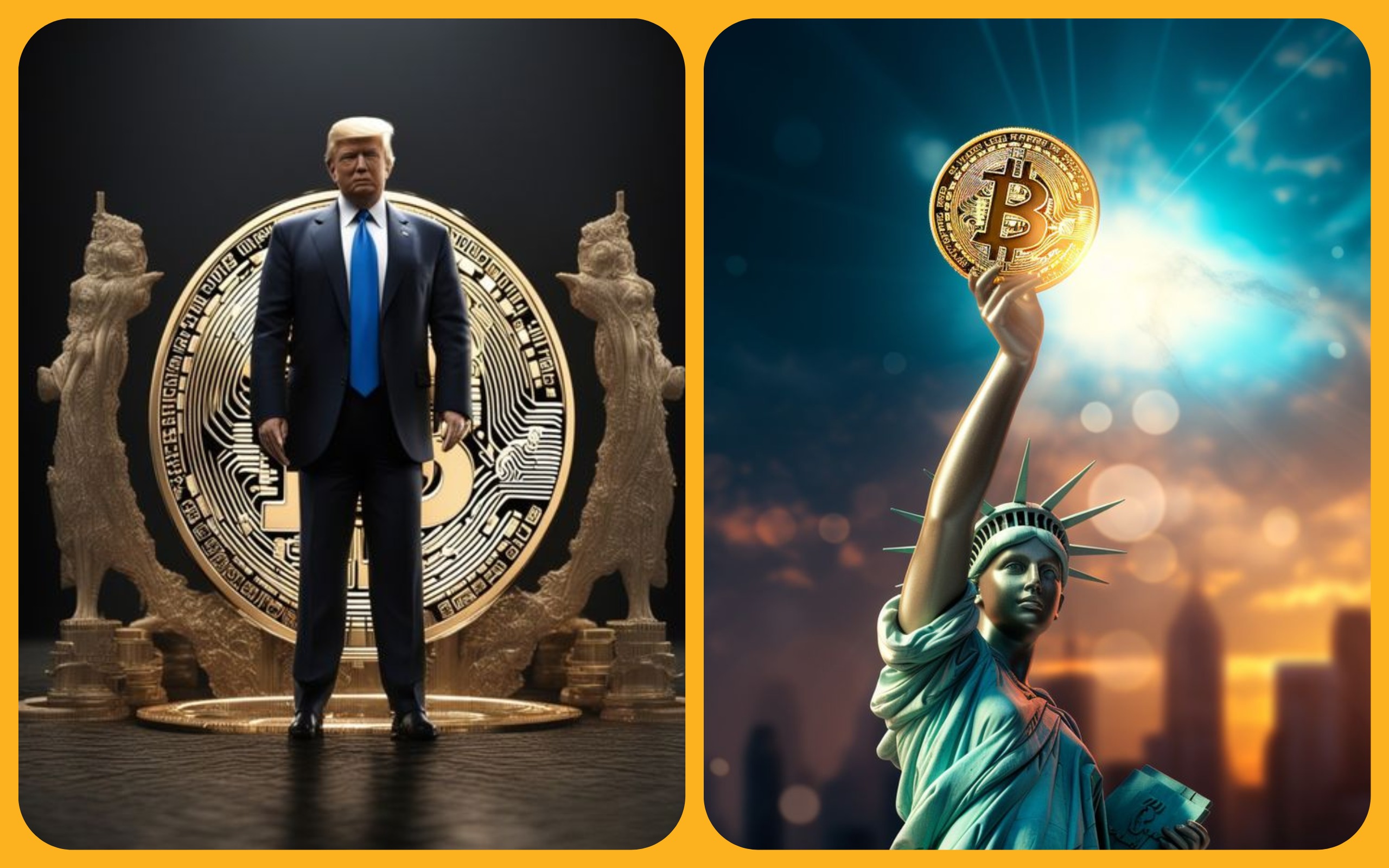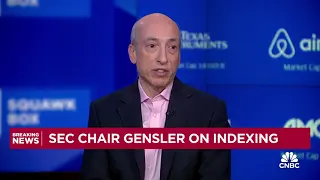Donald Trump, the former US President who previously denounced Central Bank Digital Currencies (CBDCs) as “tyranny,” recently hinted at a softening stance on Bitcoin, sparking speculation about a potential shift in his views on cryptocurrencies.

From Denouncing CBDCs to Recognizing Bitcoin’s Power:
During a town hall ahead of the South Carolina Republican primaries, Fox News host Laura Ingraham questioned Trump about cryptocurrencies, specifically mentioning the decentralized nature of Bitcoin and its potential as a tool beyond government control. While reiterating his preference for the dollar, Trump acknowledged “many people are doing it” and that “it has taken on a life of its own.” This shift from outright rejection to recognizing Bitcoin’s popularity marks a notable change in tone.
A History of Crypto Ambiguity:
Trump’s relationship with Web3 technology has been complex. While previously vowing to never allow a digital dollar and expressing concerns about government control, he has also reportedly held millions in digital wallets and profited from NFT sales. This ambiguity highlights the evolving nature of his stance on digital assets.
TRUMP ON BITCOIN:
“More and more people are wanting to pay with #Bitcoin. I can live with it.” pic.twitter.com/UzjaWMHy1S
— Bitcoin Archive (@BTC_Archive) February 23, 2024
CBDCs Remain a Republican Talking Point:
Despite Trump’s seeming openness to Bitcoin, rejecting CBDCs remains a core Republican position. The CBDC Anti-Surveillance Act, recently pushed forward by the House Financial Services Committee, emphasizes concerns about government overreach and potential privacy violations associated with digital currencies issued by central banks.
Privacy Concerns Remain, Even for CBDC Supporters:
Even proponents of CBDCs, both domestically and internationally, acknowledge privacy concerns. The Bank of England’s framework for a digital pound, for example, outlines measures to ensure user anonymity and data protection.
What Does This Mean for the Future?:
Trump’s recent comments have sparked debate about his potential evolution on cryptocurrencies. While it’s unclear whether this signifies a complete shift in his stance, it undoubtedly highlights the growing influence and mainstream adoption of digital assets. Whether this translates to concrete policy changes under a potential Trump administration remains to be seen, but the conversation surrounding crypto’s future is undoubtedly gaining momentum.










Discussion about this post